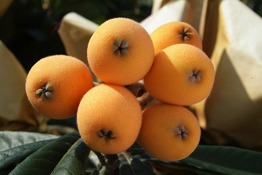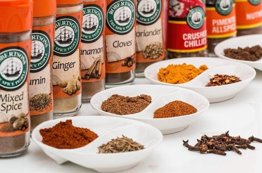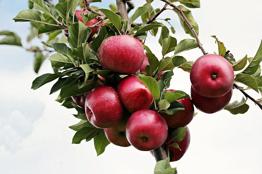Shevat Shemitah Update

Home gardens:
We are in the middle of the shemitah year, and the prohibitions of working the soil apply in full.
At this time of year, we generally prune deciduous trees and grapevines. During the shemitah year, this action is forbidden.
During a storm, it is permissible to bring plants indoors and take them back out after the storm subsides.
If the drainage holes in planters clog, it is permissible to open them up to prevent damage to the plant.
At this stage of the year, bulbs buried before the start of shemitah have started to sprout following the rain. If they are not edible, it is permissible to water them as needed to prevent them from dying.
Several types of fruit trees already have fruit that began to develop (this stage is termed chanatah) after the start of the shemitah year (lemons, kumquat, loquats, sabra and certain strains of peaches). From the time they begin to develop, it is forbidden to take down the fruit or prune branches laden with fruit before they ripen.
If you know they began to develop after Rosh Hashanah, they have kedushat shevi'it. If you're not sure, handle the fruit as having kedushat shevi'it but also separate terumot and ma'aserot without a blessing.
Fruit in the market:
Only fruits that begin to develop during shemitah have kedushat shevi'it.
Most fruits in supermarkets began growing before shemitah, so they do not have kedushat shevi'it.
Exceptions:
Blueberry, pitaya, passion fruit, prickly pear (sabra), Peruvian apple, and star fruit (carambola).
All of the above began to grow during shemitah so check for proper shemitah kashrut certification.
Vegetables
Any vegetables harvested during the shemitah year has kedushat shevi'it. This is true also for any herbs or tea leaves we pick in our gardens and for the vegetables available in the marketplace (unless heter mechirah was employed). For this reason, it is extremely important at this time of year to make sure you buy vegetables with kashrut certification. It is best to make an effort to consume otzar beit din produce that has kedushat shevi'it. We are now in the middle of the winter and many vegetables were planted during shemitah, which means that they are forbidden to eat due to the sefichin prohibition unless a suitable shemitah solution was employed.
There are a few exceptions: Sweet potato, butternut squash, pumpkin, horseradish, and arum.
Note that many legumes are not generally grown commercially in Israel and are imported, so shemitah laws do not pertain to them. These include rice, dry beans, soybeans, and lentils.
We are currently at the stage of the year where even hard vegetables (up until now were sixth-year), are now starting to reach the market as shemitah produce. Soon potatoes and onions harvested during shemitah will arrive in the marketplace.
Flowers
At this point of the year, a significant portion of the flowers sold in the marketplace were planted during the shemitah year. For this reason, it is important to buy flowers only from vendors with kashrut certification.
For perennial flowers, there is less reason for concern; for these flowers there is room to be lenient and buy them even without supervision.
To the best of our knowledge, the following vendors have kashrut supervision:
Otzar Ha'aretz flowers - sold at Otzar Ha'aretz stores at the end of the week.
Zer4u - Supervision of the Lev HaSharon rabbinate through heter mechirah.
Teva Vaferach flower store - certification of Rabbi Efrati.
There are also other stores with Rabbi Efrati's certification all over the country. Only flowers marked with a hologram of Rabbi Efrati's certification are supervised.
Important: There are flower vendors without kashrut certification that present heter mechirah certificates that they received from flower growers. This does not guarantee that all of the flowers at their stand were purchased from these growers.




